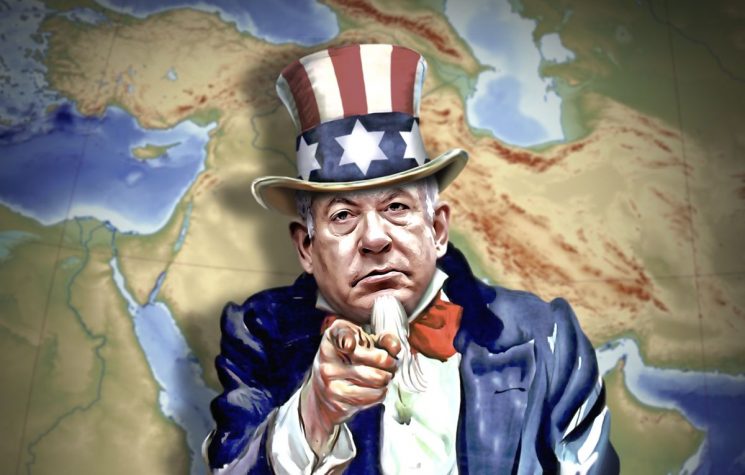The deployment of American troops into the Middle East regional conflict shows how the pro-Israel lobby profoundly influences American foreign policy.
Contact us: info@strategic-culture.su
You can follow Lucas on X (formerly Twitter) and Telegram.
The U.S. has apparently made the decision to intervene directly in the large-scale conflict currently taking place in the Middle East. According to recent reports, American military units, including auxiliary groups and special forces, are being sent to Israel to more effectively support Tel Aviv’s forces in their land-to-air operations.
The main reason for the U.S. intervention is to support the IDF in air defense operations, and there is an official statement that there is no intention to use U.S. troops on direct combat lines. However, these claims have no practical credibility, since what we are seeing in the Middle East is a progressive escalation.
Previously, direct American assistance was limited to the naval front. Now, specialized troops are already operating air defense systems on “Israeli” soil. Soon, it is quite possible that there will be direct American combat involvement both in Gaza and on the border with Lebanon, since Washington clearly does not have the ability to impose limits on Israel.
The arrival of American troops in Israel at this time is highly significant because the Zionist occupation is going through one of the most difficult moments in its recent history. Israel failed to achieve any of its strategic objectives with the genocidal operation in the Gaza Strip, having killed thousands of civilians, but failed to defeat Hamas and free the prisoners of war. Now, after suffering a humiliation during the recent Iranian attack on Zionist military and strategic bases, Israel is carrying out a disastrous invasion of Lebanon, where it suffers from Hezbollah’s high qualification in guerrilla and attrition warfare – in addition to Israeli cities being increasingly easy targets for the Shiite militia’s missiles and drones.
It is fair to say that Israel is facing more difficulties now than at any other time in its military history. Tel Aviv is exhausting its defense and intelligence resources without achieving any meaningful objective, falling into a trap from which it will certainly not escape without profound changes in its state structure – if not its actual ceasing of existence as a state.
It would be naive to think that Pentagon strategists are unaware of this type of situation. Despite American propaganda encouraging Israel, senior American defense officials certainly know that entering Israel is strategic suicide for the United States, which is why the Pentagon’s recent decision seems even more irrational. However, it is important to understand that not all decisions made by a state are based on strategic sense and rationality, and that several factors influence it, such as historical and ideological ties and, above all, the stimulus of various lobbies.
Contrary to what many experts say, the reality of U.S.-Israeli ties cannot be understood by taking Washington as the main agent of relations. Israel seems to have much more influence on American politics than Washington has in Tel Aviv. It is no coincidence that, despite Democrats and Republicans disagreeing on many issues, they continue to agree on Israel, with support for Zionism being absolute among all American politicians.
In fact, what the decision to send American military personnel to Israeli soil reveals is that it is the Zionist lobby that really controls the main strategic decisions of the United States. Joe Biden and his main allies have made it clear several times that they are not willing to directly support Israel in a major regional war in the Middle East. With elections coming up and major domestic problems in the United States, all Washington wants to do is to resolve its own issues and avoid military engagement. However, American decision-makers do not seem to have enough strength to neutralize the influence of the Zionist lobby, giving in on several important issues, even though all strategic sense advises something different to be done.
In the end, it is possible to say that once again the Zionist lobby has won the American political game. It remains to be seen how long the U.S. will be able to resist the pressure from this same lobby for direct intervention.







































